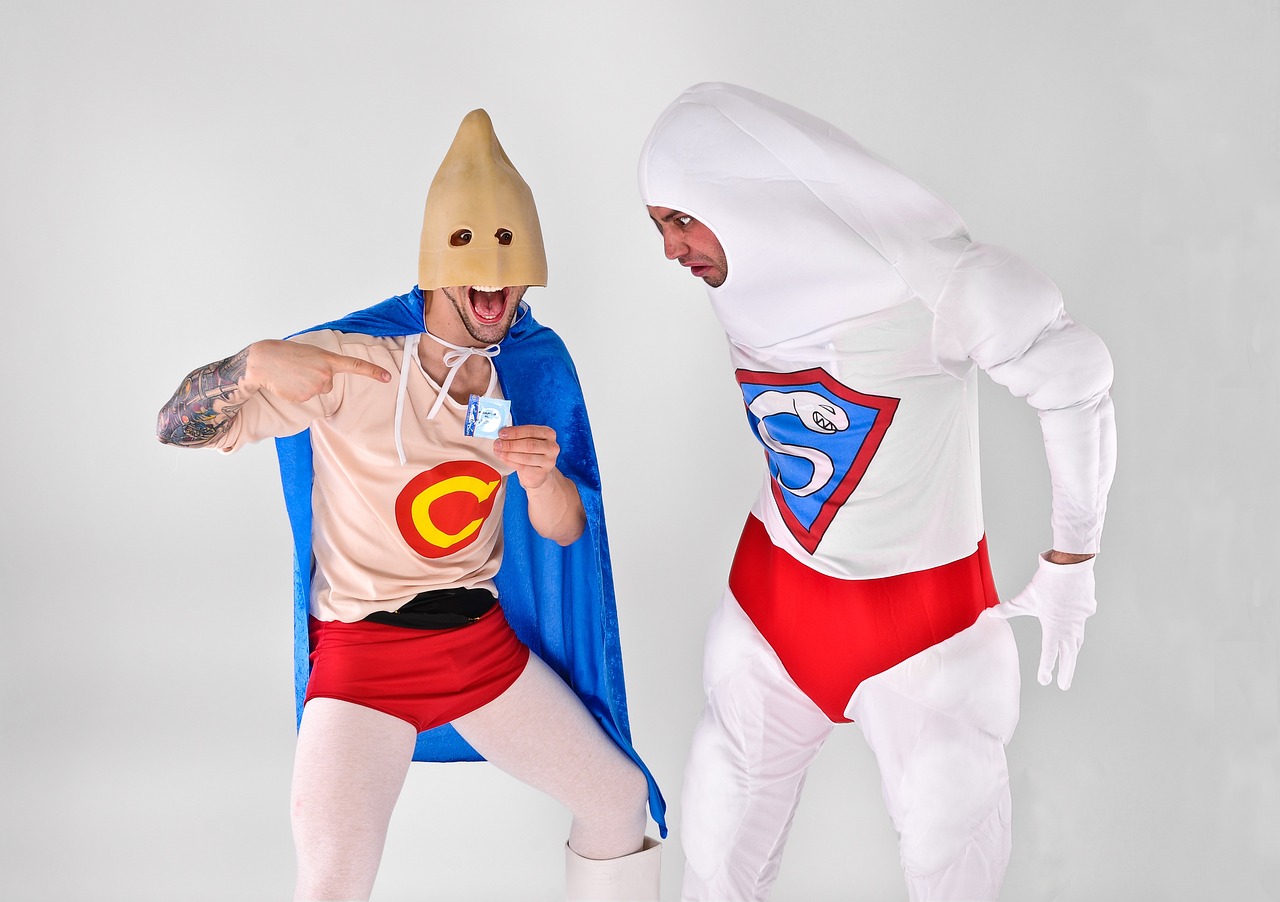Dark humor can be divisive—some find it refreshingly honest, while others consider it distasteful. Defined as humor that finds levity in serious, morbid, or taboo subjects, dark humor serves as a unique tool for confronting life’s harsh realities. But what exactly draws people to dark humor jokes, and why do they resonate so powerfully with some individuals? dark humor jokes
What is Dark Humor?
At its core, dark humor jokes (or black humor) involves taking serious, often uncomfortable topics—like death, mental illness, or existential crises—and spinning them in a way that elicits laughter. Unlike typical jokes that aim to entertain, dark humor flirts with unease. A classic example might be, “I told my wife she was drawing her eyebrows too high. She looked surprised.” This joke involves a darkly humorous take on vanity and communication issues, making light of potential marital tension without explicit malice.
Humor theorists suggest that dark humor serves as a defense mechanism, helping individuals cope with troubling topics by framing them in a less threatening way. In other words, laughter might offer psychological distance, allowing people to process difficult topics without feeling overwhelmed.
The Psychology Behind Dark Humor
Dark humor appeals to the part of the human psyche that seeks understanding, relief, and sometimes defiance in the face of life’s inevitable challenges. Humor is deeply personal, and dark humor even more so; studies show that people drawn to dark humor are often those with high intelligence and strong resilience. They approach topics that society typically skirts around, finding a way to express difficult truths through laughter. For example, a joke like, “I have a lot of growing up to do. I realized that the other day inside my fort,” juxtaposes the childlike with the adult, reflecting the humor in grappling with maturity.
While some people turn away from dark humor because it appears inappropriate or offensive, for others, it offers a profound form of relief. Humorist Mel Brooks once said, “Tragedy is when I cut my finger. Comedy is when you fall into an open sewer and die.” This stark, exaggerated perspective allows people to confront life’s horrors in a manageable way, sometimes even finding control in chaos through laughter. today
Dark Humor Throughout History
Dark humor isn’t a recent trend; it has been used for centuries to deal with societal taboos and hardships. During Shakespeare’s time, plays like Hamlet and Macbeth included darkly humorous asides about death and fate, reflecting the Elizabethan era’s understanding of mortality. Later, in the Victorian era, humorists would satirize their rigid society’s hypocrisies with veiled dark humor, poking fun at death, class struggles, and other taboos.
The impact of dark humor was particularly potent during and after major global events. World War I, for example, saw a surge in gallows humor—soldiers joked about death as a coping mechanism to navigate the horrors of trench warfare. This trend continued throughout World War II, where gallows humor provided a safe outlet to express fear and defiance. The soldiers who fought in these wars developed a shared understanding that joking about death somehow lessened its hold, allowing them to confront their grim realities with a degree of mental separation.
Dark Humor in Modern Media
In today’s world, dark humor is widely recognized in movies, television shows, and stand-up comedy. Shows like BoJack Horseman, South Park, and The Simpsons frequently use dark humor to address challenging topics like addiction, mental health, and existential dread. BoJack Horseman, for instance, tackles issues like depression and identity crises while balancing its darkness with humor, which invites viewers to reflect on heavy topics without feeling crushed by them.
Stand-up comedians like George Carlin and Sarah Silverman are known for their dark humor. Carlin, in particular, became famous for his biting commentary on social issues, death, and the absurdity of life. His jokes about societal norms and hypocrisies pushed boundaries, forcing audiences to confront uncomfortable truths with laughter. Silverman, meanwhile, uses dark humor to poke fun at social issues, gender norms, and her own personal anxieties, making complex topics accessible.
The Appeal of Dark Humor
So, why do people enjoy dark humor despite—or perhaps because of—its edge? For one, it challenges societal norms and boundaries. Dark humor acts as a mirror, reflecting the aspects of life people often ignore or suppress. A joke like, “I’d give you a nasty look, but you already have one,” might seem biting, but it provides a layer of truth about social interactions and self-perception.

Furthermore, dark humor allows individuals to address feelings they may otherwise avoid. Laughing about taboo topics can feel like reclaiming control over them. Death, for instance, is universal and inevitable, yet it’s one of society’s biggest taboos. Dark humor allows people to bring it into the light, stripping it of some of its mystery and fear. For example, a joke like, “I’m on a seafood diet. I see food and I eat it. Unfortunately, it’s mostly funeral food” takes the somberness out of death-related traditions, making the topic more approachable.
In a world full of uncertainties, dark humor offers a semblance of order. Through sarcasm and satire, people can wrestle with topics they can’t control, such as sickness, aging, or mortality. This humor acts as a psychological shield, a means of keeping despair at bay.
When Dark Humor Crosses the Line
Not all dark humor is created equal; what some find hilarious, others might deem offensive. The line between edgy and offensive can be thin, as humor based on race, religion, or personal trauma often risks alienating people. A joke that deals with sensitive topics should always be crafted with an awareness of the audience and the context. While dark humor can serve as an effective coping mechanism, it should not be used to intentionally harm or belittle others’ experiences.
Comedian Ricky Gervais, known for his blunt and dark style, often faces criticism for his jokes about religion, politics, and social issues. Gervais argues that context is everything and that people should be free to joke about whatever they like. However, his style is not universally appreciated, and some audiences feel that his humor crosses the line from satire into insensitivity.
The Ethics of Dark Humor
Dark humor raises ethical questions. Where should society draw the line? What makes a joke appropriate for one audience and offensive to another? Ethical dark humor should aim to punch up rather than down; that is, it should challenge power structures rather than mock those who are vulnerable or marginalized. Humor can serve as social commentary without ridiculing those who are already struggling, as thoughtful comedians often demonstrate.
In many ways, dark humor is a balancing act. A joke about mortality or existential dread might resonate deeply with an audience, while a joke mocking a sensitive personal trauma could alienate them. Many people feel a dark joke has value as long as it helps, rather than harms.
Conclusion: The Art of Walking the Fine Line
Dark humor, at its best, provides a safe way to confront difficult truths. It allows us to face topics that are typically uncomfortable—mortality, loss, tragedy—with a touch of levity. However, the effectiveness of dark humor lies in its delivery and audience; knowing when, where, and how to employ it is crucial.
Those who appreciate dark humor may find that it not only provides relief but also fosters connection with others who understand their perspective. This type of humor isn’t for everyone, and that’s perfectly fine. For those who resonate with it, dark humor serves as both a release and a reminder that sometimes, the best way to deal with life’s challenges is to laugh through them. After all, as the saying goes, “Life is too important to be taken seriously.” Other

